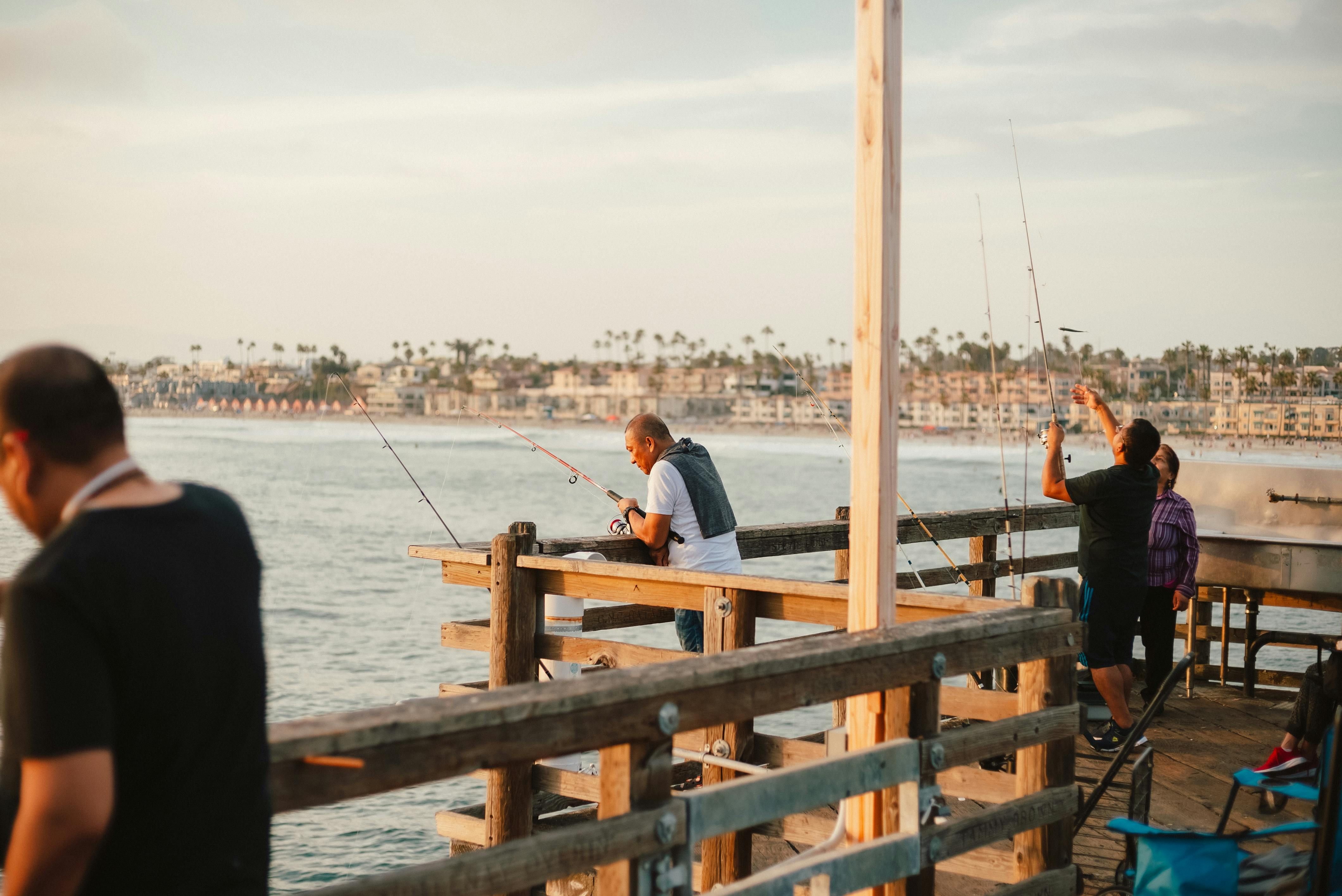Celebrity figures, including Elton John, Dua Lipa, and Sir Ian McKellen, implore Starmer to prevent potential copyright risks posed by AI
Sounding Off: UK Creatives Demand AI Copyright Protection
Britain's artistic heavyweights like Elton John, Dua Lipa, and Paul McCartney, alongside peers such as Sir Ian McKellen, Coldplay, Robbie Williams, and Kate Bush, are rallying against the Prime Minister, calling for stronger copyright protections in the era of AI.
In an open letter to Labour leader Sir Keir Starmer, these leading figures, joined by over 400 signatories, warn that the livelihoods of creatives could be jeopardized if their work is given away "at the behest of a handful of powerful overseas tech companies."
The call to action comes before a critical vote in the House of Lords on Monday, focusing on an amendment to the Data (Use and Access) Bill. This amendment compels companies to reveal whether any copyrighted material has been ingested by AI models, promoting greater transparency and accountability.
The creative sector is urging Starmer to back amendments to the bill, stating these measures address the "mass theft of creative works that continues to take place" due to AI. According to the letter, the amendments recognize the role of human creativity in the development of generative AI, aiming to initiate a dynamic licensing market that benefits both the UK's creative and tech industries.
Baroness Beeban Kidron, crossbench peer who first tabled the amendment, emphasizes the importance of the UK's creative industries, which drive tourism, create wealth, and generate 2.4m jobs across the nation. She underscores the importance of upholding human creativity and common experiences.
Lord Clement-Jones, Liberal Democrat Spokesperson for Science, Innovation, and Technology in the Lords, supports transparency in AI training processes, advocating for clear licensing frameworks that respect and compensate creators. These frameworks, he suggests, foster a thriving ecosystem where collaboration flourishes between the creative and tech sectors.
In response, the government acknowledges the importance of fostering both the creative industries and AI companies, promising a package of measures to consider the interests of both sectors. However, they emphasize that no changes will be considered unless they benefit creators entirely.
The UK Government is currently conducting a consultation, aiming to explore various options and issues raised by all parties in this extensive debate. A report and economic impact assessment are scheduled for publication, shedding light on the potential approaches moving forward.
As the creative industry navigates copyright protection challenges in the digital age, leading figures are advocating for licensing frameworks, transparency, and control, balancing the need for AI innovation with the protection of intellectual property rights.
- celebrities like Elton John, Dua Lipa, and Paul McCartney, along with other creators such as Sir Ian McKellen, Coldplay, Robbie Williams, and Kate Bush, have urged Labour leader Sir Keir Starmer to support stronger copyright protections in the era of AI technology.
- The call to action comes before a critical vote in the House of Lords on Monday, focusing on an amendment to the Data (Use and Access) Bill, which aims to compel companies to reveal whether any copyrighted material has been ingested by AI models for greater transparency and accountability.
- The creative sector, including entertainers and celebrities, is urging Starmer to back amendments to the bill, stating that these measures address the "mass theft of creative works that continues to take place" due to AI.
- The British Government has acknowledged the importance of fostering both the creative industries and AI companies, promising a package of measures to consider the interests of both sectors. However, they have emphasized that no changes will be considered unless they benefit creators entirely.
- In the midst of the debate on copyright protection in the digital age, the creative industry is advocating for licensing frameworks, transparency, and control, balancing the need for AI innovation with the protection of intellectual property rights.
- The government's proposed policy-and-legislation changes related to AI and copyright are now under public consultation, with a report and economic impact assessment scheduled for publication, offering insight into potential approaches moving forward.








